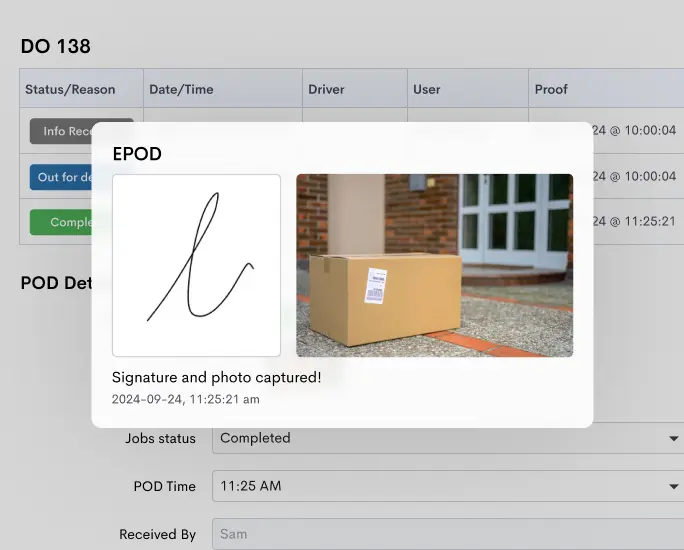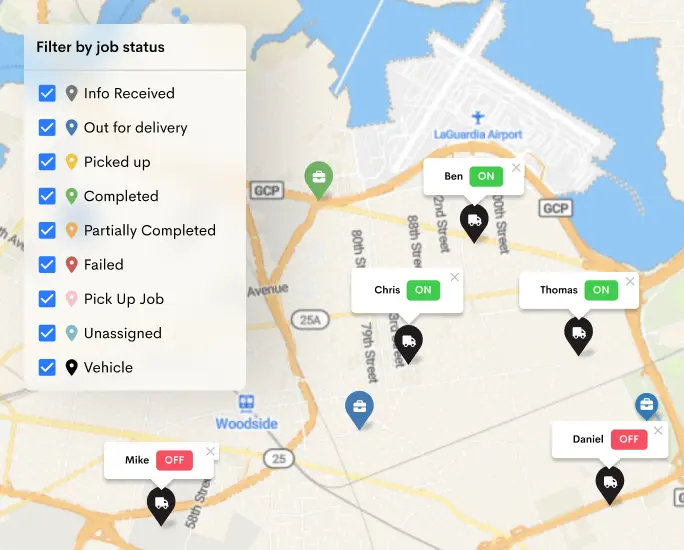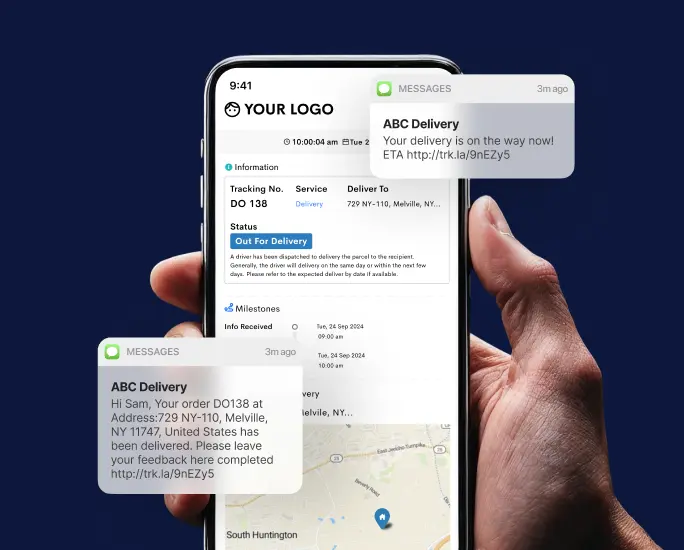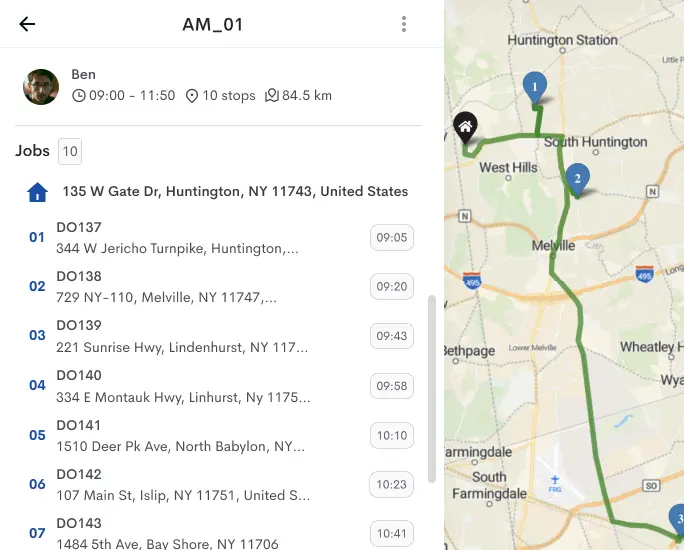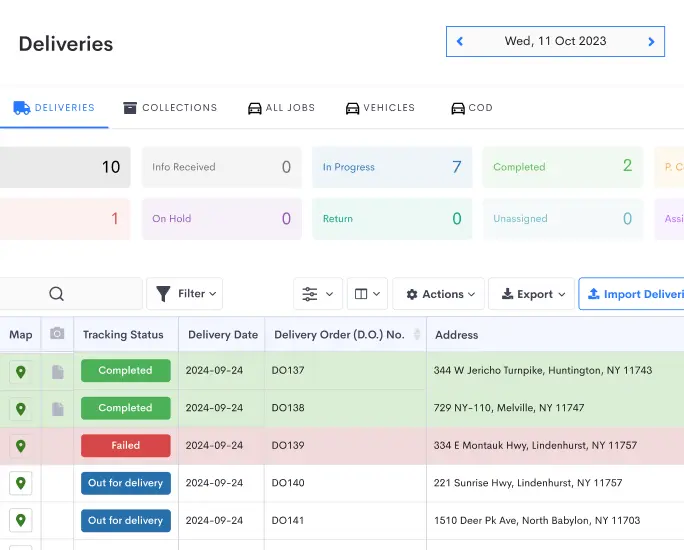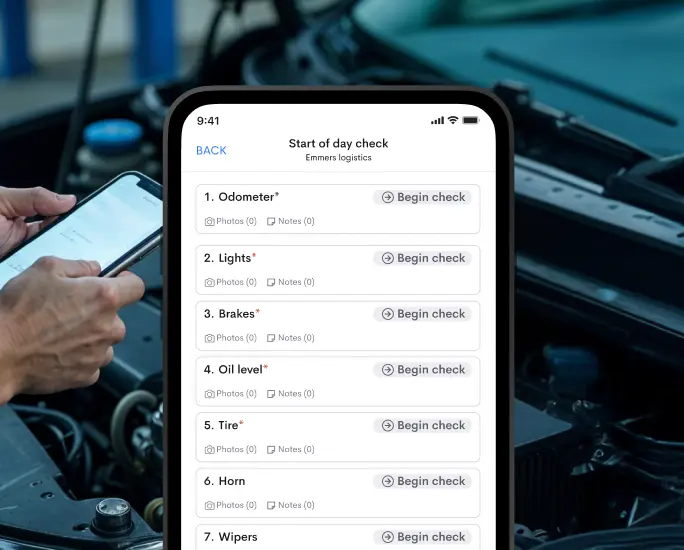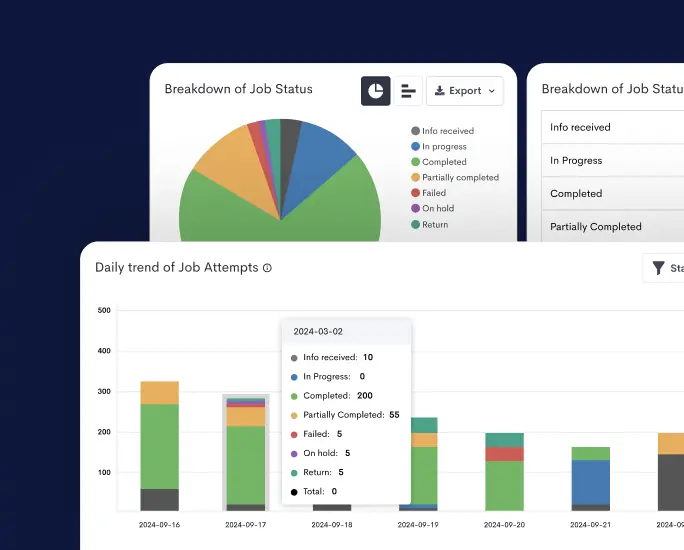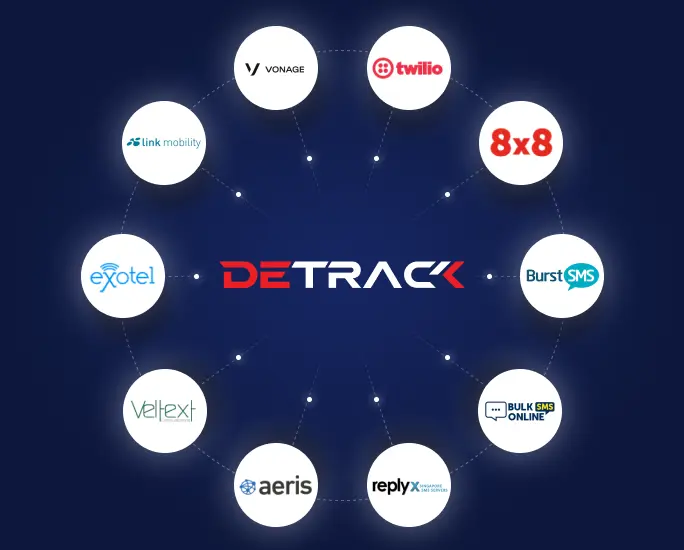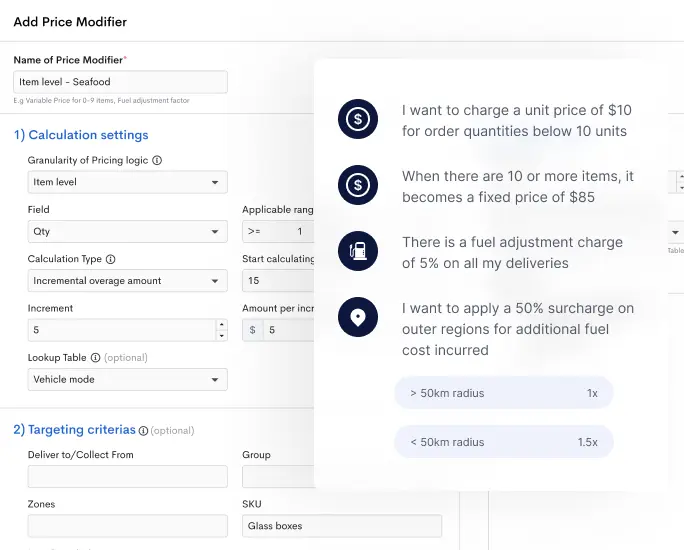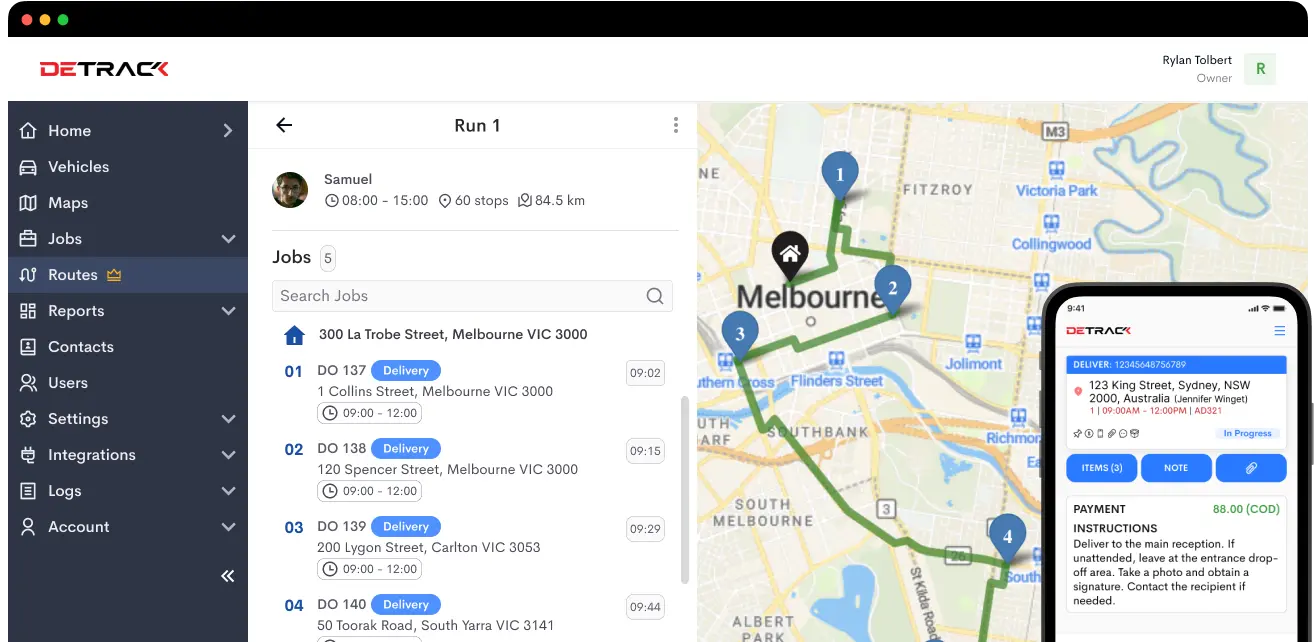In business, distributors are crucial in connecting manufacturers with retailers, ensuring products reach consumers efficiently. Yet, despite their significance, the concept of distributors can be shrouded in mystery for many. If you find yourself scratching your head over distributors, fret not!
This comprehensive guide aims to unravel the intricacies, answering all your burning questions to illuminate this essential aspect of commerce.
Distributor FAQs
Here are some of the most common distributor FAQs you might encounter.
What Exactly Are Distributors?
Let’s start with the basics. Distributors act as intermediaries between manufacturers and retailers. They purchase goods in bulk from manufacturers and then sell them to retailers, who sell them to consumers. Essentially, they bridge the gap between production and consumption, facilitating the movement of goods through the supply chain.
How Do Distributors Benefit Manufacturers?
Manufacturers benefit from distributors in several ways:
- Market Reach: Distributors often have extensive networks and established relationships with retailers, enabling manufacturers to access markets they might not otherwise reach.
- Efficiency: Distributors streamline the distribution process, handling tasks such as warehousing, route planning, packaging, and shipping, allowing manufacturers to focus on production.
- Cost-Effectiveness: By buying in bulk, distributors can negotiate lower prices from manufacturers, reducing costs for all parties involved.
What about Retailers? How Do They Benefit from Distributors?
For retailers, distributors offer several advantages:
- Convenience: Distributors provide a one-stop shop for a wide range of products, simplifying the procurement process for retailers.
- Cost Savings: By purchasing from distributors, retailers can often secure better prices than buying directly from manufacturers.
- Logistical Support: Distributors handle inventory management and delivery logistics, saving retailers time and resources.
| Top-Rated Fleet Management Software Experience the difference with Detrack, a top-rated fleet management software for both small and big businesses. Try Detrack Today! |
Are There Different Types of Distributors?
Yes, indeed! Distributors come in various forms, including:
- Wholesalers: These distributors typically sell products in large quantities to retailers or other businesses rather than directly to consumers.
- Retail Distributors: These distributors sell products directly to consumers through various channels, such as online stores or physical retail locations.
- Specialty Distributors: These distributors focus on specific industries or product categories, catering to niche markets.
How Do I Choose the Right Distributor for My Business?
Selecting the right distributor is crucial for the success of your business. Here are some factors to consider:
- Market Coverage: Look for distributors with a strong presence in your target markets.
- Reputation: Research potential distributors’ reputations and track records to ensure reliability and professionalism.
- Compatibility: To foster a productive partnership, choose a distributor whose values, goals, and business practices align with yours.

What Challenges Might I Face When Working with Distributors?
While distributors offer numerous benefits, they also present challenges that businesses must navigate:
- Communication: Miscommunication can lead to delays or misunderstandings in the distribution process, so maintaining clear and open communication is essential.
- Profit Margins: Distributors need to make a profit, which can sometimes squeeze the margins for manufacturers and retailers.
- Inventory Management: Balancing inventory levels to meet demand without overstocking or understocking can be a delicate balancing act.
How Can I Maximize the Benefits of Working with Distributors?
To make the most of your partnership with distributors, consider the following strategies:
- Collaborative Planning: Work closely with your distributors to develop strategies that align with both parties’ goals and objectives.
- Regular Evaluation: Continuously assess your distributors’ performance and adjust to optimize efficiency and effectiveness.
- Invest in Technology: Leverage technology solutions such as inventory management software or supply chain analytics to streamline operations and improve visibility.
Are There Alternatives to Working with Distributors?
While distributors offer significant advantages, some businesses may opt for alternative distribution models, such as:
- Direct Sales: Selling products directly to consumers through online platforms or physical stores, bypassing distributors altogether.
- Dropshipping: Partnering with suppliers who ship products directly to customers, eliminating the need for warehousing and inventory management.
- Franchising: Expanding your business through franchising, where independent operators sell your products or services under your brand name.
In Conclusion
Distributors play a vital role in the modern economy, facilitating the movement of goods from manufacturers to consumers. By understanding the functions, benefits, and challenges associated with distributors, businesses can make informed decisions to optimize their distribution strategies.
Whether you’re a manufacturer looking to expand your market reach or a retailer seeking to streamline your supply chain, partnering with the right distributor can unlock a world of opportunities for growth and success.

